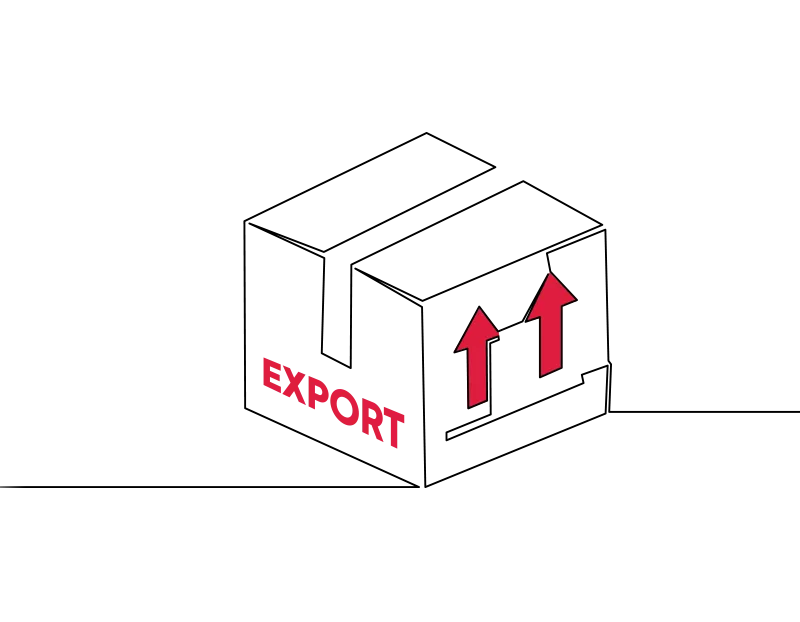Employee Ownership Trusts ‘EOTs’ are a useful tool for succession planning whereby a controlling interest in a trading company can be passed to the company’s employees with the associated disposal being free of CGT for the vendor.
How does it work?
An EOT is set up with at least one trustee. The shareholders of the company sell more than 50% of the current share capital to the EOT under a share purchase agreement. The purchase price is left outstanding as a debt owed by the EOT to the vendor shareholders. The company uses its future profit to make payments to the EOT which in turn pays down the debt to the vendor. There can be a third-party financing arrangement should the vendor require the proceeds earlier than the company can create profits.
For the vendor to receive their full consideration, the company must remain profitable as it is these future profits which are used to repay the vendor’s debt.
Advantages
- No capital gains tax payable by the vendor which can save tax at 20%.
- Enables succession where no external purchasers can be found by providing an immediate purchaser.
- Employee ownership promotes employee engagement in the business and encourages the workforce to take a more active role in ensuring the success of the company. This method of employee ownership means that the employees do not have to find the cash themselves to make the purchase.
- The company controlled by the EOT can pay tax-free (but not NI free) bonuses to their employees of £3,600 per annum.
- The current owners can remain as directors and receive a market rate remuneration after the share sale.
- It allows a more ‘seamless’ change of ownership without external influences, pressures or indemnities etc.
Concerns
The shares held by the employee benefit trust will be held by trustees acting for the employees. The selection of trustees may well be difficult, as one would be seeking those who are fully aware of their duties. While directors of the underlying company can act as trustees it is advisable to keep director trusteeships to a minimum to avoid conflicts of interest. Trustees’ obligations are prescribed by law and to a considerable extent, require the trustees to act cautiously, which may mean that they are disinclined to allow the company to borrow to any great extent and there may be other occasions when their obligations override what would be seen as normal commercial behaviour. Trustees are also exposed to personal liability, which again acts as a natural inhibitor as to their appetite for risk








